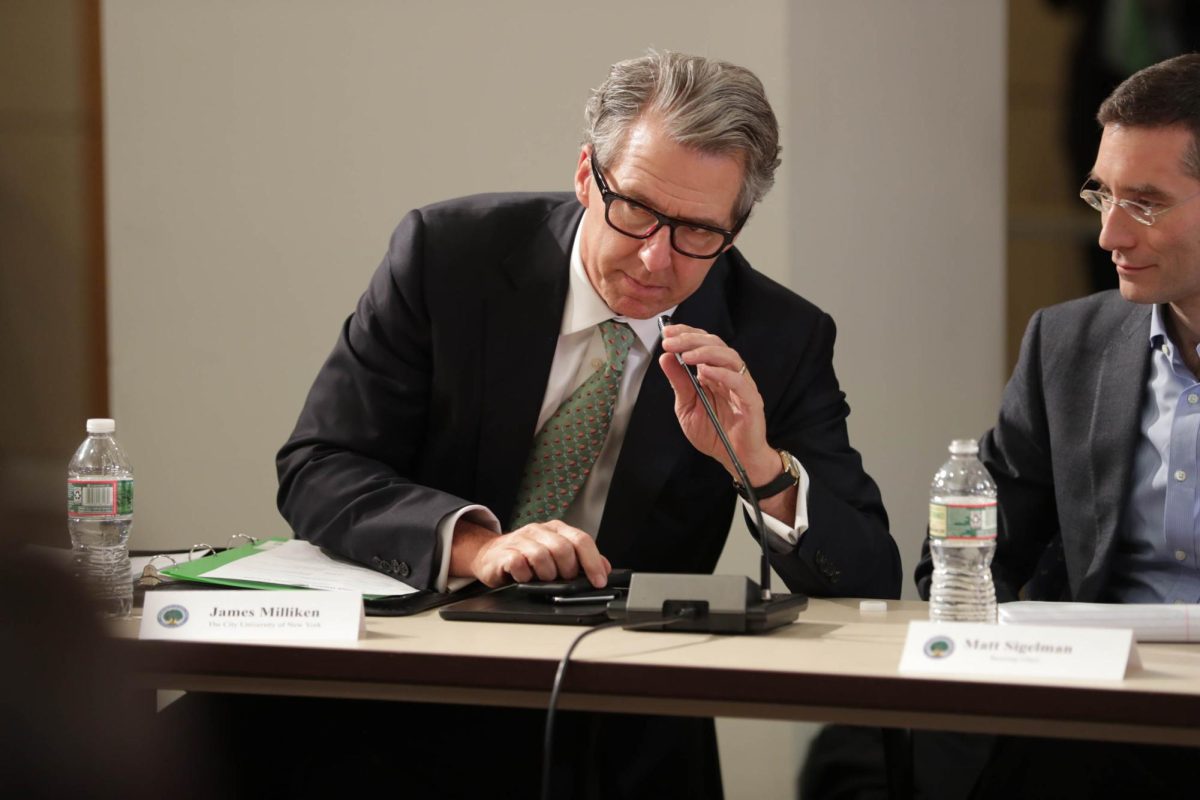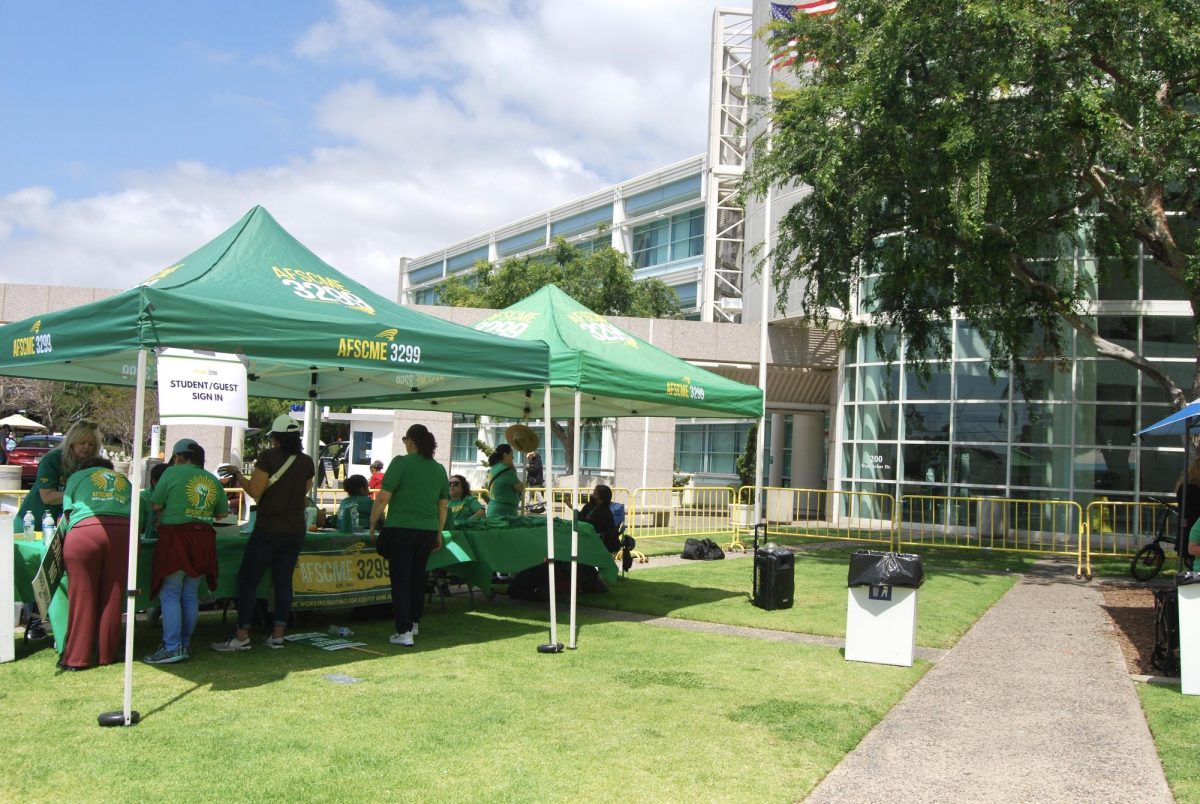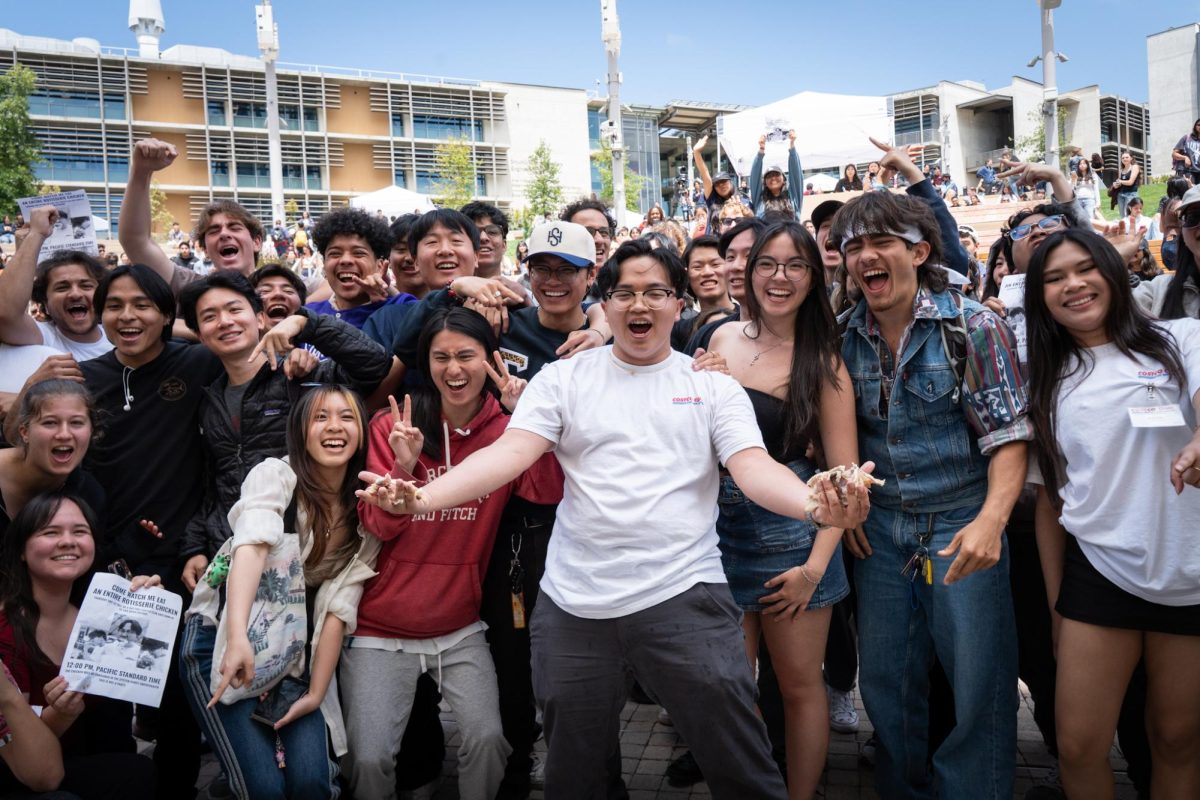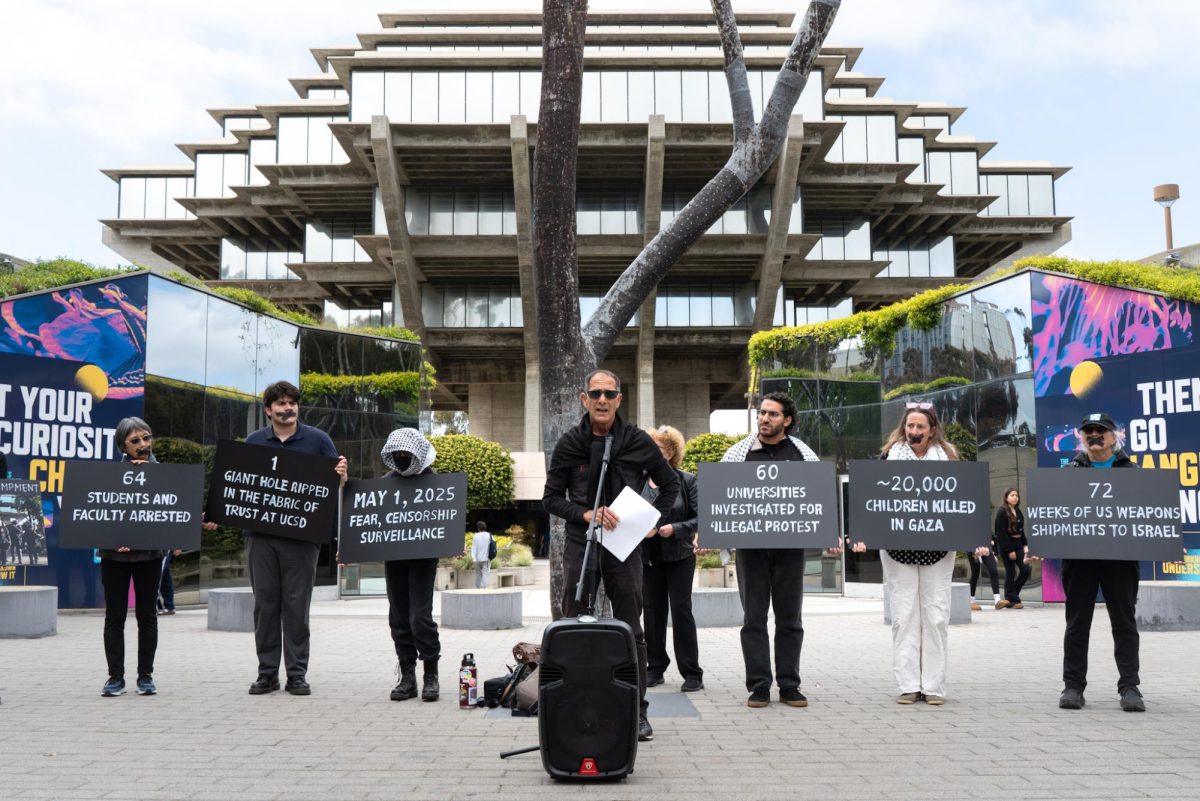Revisions to the Student Code of Conduct, eliminating a student’s right to attorney representation during hearings of misconduct, took effect fall quarter.
The right to have attorney representation at hearings has been a student right at UCSD since 1978, when the first draft of the Student Code of Conduct was created.
Nick Aguilar, the director of student policies and judicial affairs, said that students have not lost a right because they never had a constitutional right to representation by attorneys.
“”There is no constitutional right to be represented by an attorney in administrative hearings,”” Aguilar said. “”The right to attorney relates to the constitutional right of a criminal defendant to be represented by an attorney while administrative hearings are based on civil law, not criminal law.””
Aguilar said the goal of eliminating attorneys from the hearing process is to prevent hearings from being thrust into more formal civil law proceedings.
“”My experience when attorneys represent students [is that] hearings tend to become formalistic and cumbersome with no noticeable advantage to students,”” Aguilar stated.
Tony Valladolid, the director of student legal services, said he does not believe the change will compromise a student’s rights.
“”The students will be able to have a student advocate to be present at the hearing,”” Valladolid said. “”And if a student elects to have an attorney present during the hearing for advice, he or she can.””
Valladolid said that attorneys are generally unfamiliar with the process and administration of the Student Conduct Code.
“”It’s the tendencies of attorneys to come in and apply the very rigid rule of law from their experience with criminal justice system,”” Valladolid said. “”Consequently, attorneys tend to be ineffective in the administrative setting.””
Valladolid said that the way the Student Conduct Code was revised was fair.
“”There was a fair airing of the issue between students and faculty before it was voted upon,”” Valladolid said.
The revisions were handled by the Student Regulations Revision Committee, which is composed of administrators, staff, deans, graduate students, one student from every college and two representatives appointed by A.S. Council.
According to the revised Student Conduct Code 22.17.16.13, students no longer have the right to have attorney representation at hearings of misconduct. At hearings students may be accompanied by a non-attorney advisor. The accused student may also have an attorney present at the hearing to serve as a resource.
Warren Junior Erik Smith, one of the members of the Student Regulations Revision Committee, said elimination of attorney representation at a student hearing is related to the intent of the hearing.
“”The hearing board is made entirely of students and is for a student; it is not meant to be as formal as an actual court hearing,”” Smith said. “”Thus, bringing in a lawyer for student representation complicates the matter in that it would raise the hearing to a more formal level than was intended.””
Smith said that he does not believe students will be harmed by the change because there is the option of having a student advocate represent them at the hearing.
“”The student advocates do an excellent job of defending students, and because their service is available, I feel that students do not lose from not being able to have an actual attorney represent them,”” Smith said. “”It could even be argued that the student advocates could do a better job than an attorney since they can relate with their fellow students and immediately understand the circumstances surrounding a student’s case.””
Smith said UCSD’s system of informal hearings gives an advantage to the students.
“”The chance to have a group of peers judge your case should make a student feel safe from being wrongfully accused of something,”” Smith said.
Johan Hill, a member of the A.S. revisions committee, said he would have protested the change if he had still been on the committee, but lost his position before the revision was proposed.
“”I never would have voted for it, because it isn’t in the best interests of students,”” Hill said. “”If I was there, I would have spoken against it.””
Hill raised the concern of low student attendance to the meetings as possibly affecting the unanimous passage of the revisions.
“”You’d have great faculty and administrators attendance and then have two or three of the students show up for the meetings,”” Hill said. “”So not enough students were there to protect rights of students.””
Hill also questioned why he was the only student appointed by the A.S. Council to the committee when there were two vacancies. Hill said he is very concerned that his position was not filled after he left the committee.
“”I am concerned because with two less students, combined with low student attendance, there were more administrators there, thus more votes,”” Hill said.







